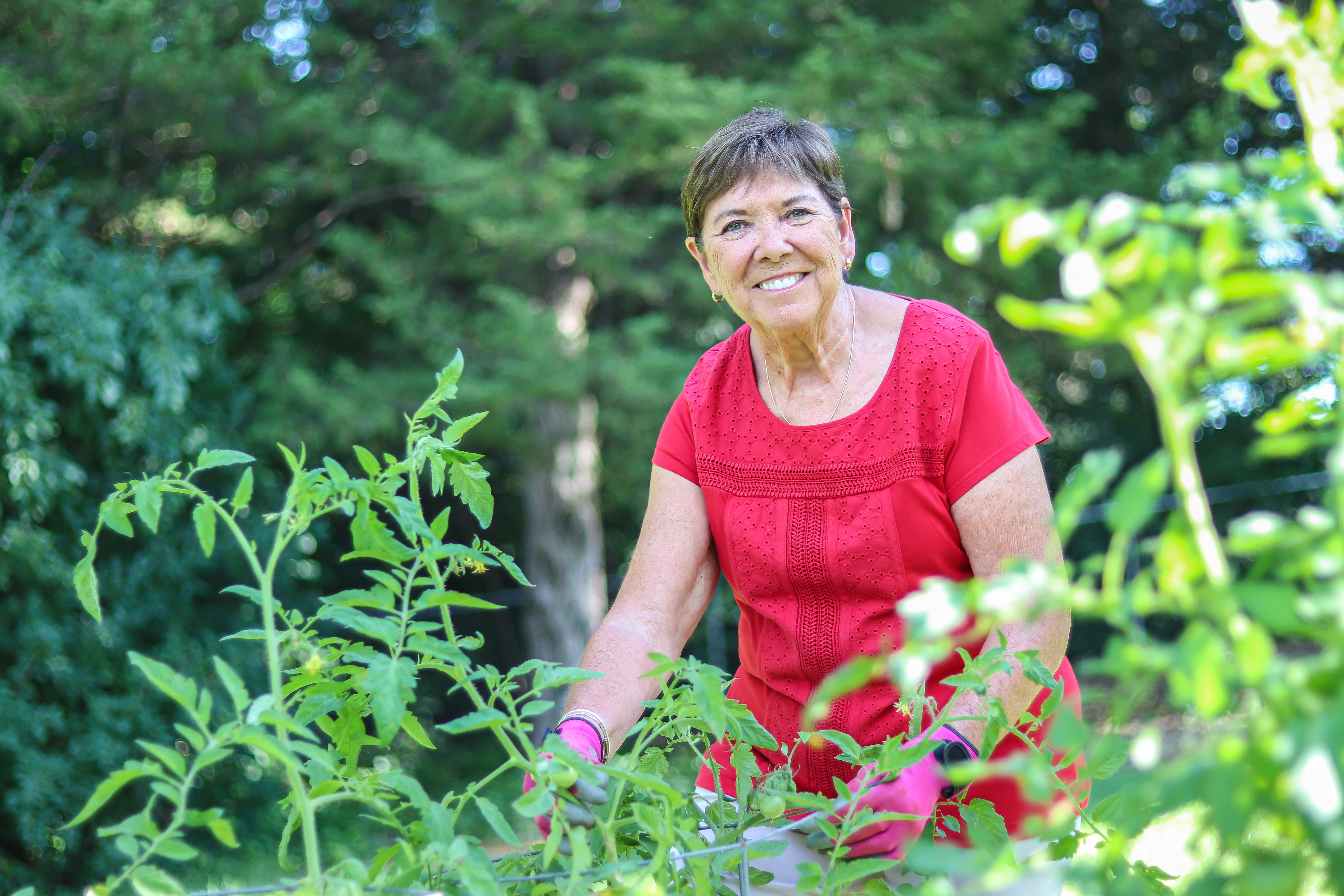Sue's Story
Stroke Care“I would recommend that people with a risk of stroke should make sure those close to them know symptoms, and call 911 immediately.”
Sue, age 71 from Sartell, woke from her sleep and was struggling to get out of bed. “I couldn’t get up,” said Sue. “My left leg had no strength.” When she woke her husband for help, it was he who noticed her slurring words and knew things weren’t right so called 911.
Sue does not recall her ride to the hospital but her husband John said, “Once they got to the hospital it was clear she had a stroke. They were going to break up the blockage and got her in for surgery right away.”
“I was waiting for them to shave my head,” said Sue. “But the doctor said they were done.” Sue had a severe blockage and her stroke team performed a thrombectomy — a minimally invasive procedure going through an artery to remove or break up a blood clot.
Sue’s stroke physician, Dr. Tariq Hamid said, “When Sue got to the hospital, her symptoms were consistent with a severe type of stroke — one that would have permanent disability or potentially required 24/7 care. Since we were able to successfully open the artery and restore blood flow, she went home with minimal effects and when we saw her in follow up, she had completely recovered. Without her husband recognizing the symptoms and getting to the emergency room right away, her life would be much different than it is now.”
Sue, who had a family history of stroke, worked with her doctor to control her high blood pressure. She experienced a transient ischemic attack (TIA) or “mini stroke” three years earlier. After her stroke, they were able to identify that Sue had atrial fibrillation (Afib), an irregular, often rapid heart rate that commonly causes poor blood flow and was started on medication to prevent another stroke.
Thanks to her husband’s quick response to call 911, and her successful operation to treat the stroke, Sue is enjoying life with family. “After three days in the hospital I went home with a walker. I recovered quite quickly and went to physical therapy. Today I take brisk walks, garden and enjoy my kids and grandkids,” Sue said.
Having technologies and capabilities like this in St. Cloud means our community has access to the best treatment for stroke.
Sue’s advice to others, “I would recommend that people with a risk of stroke should make sure those close to them know symptoms, and call 911 immediately.”
